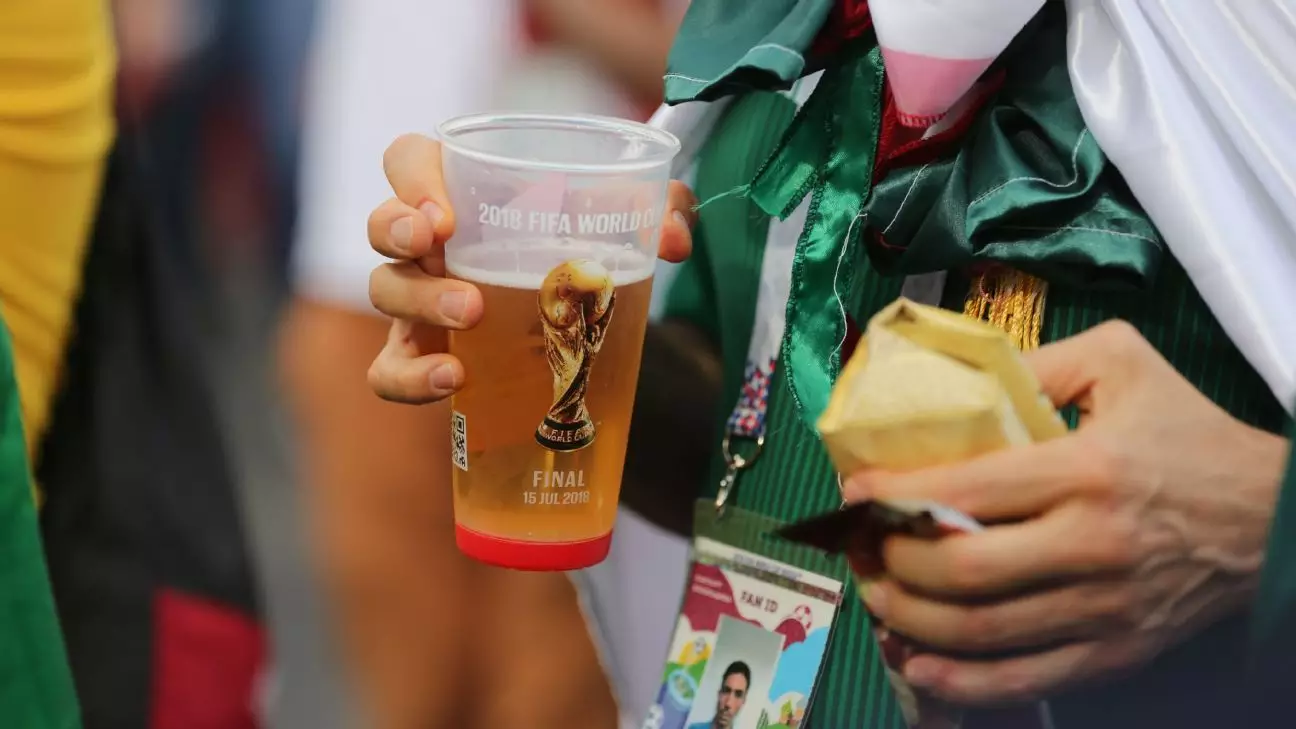As the world prepares for the 2034 World Cup in Saudi Arabia, significant cultural considerations are coming to the forefront. Saudi Arabia, a nation rich in tradition and Islamic principles, has declared that alcohol consumption will not be permitted during the tournament. This declaration comes from Prince Khalid bin Bandar Al Saud, the Saudi ambassador to the UK, who emphasizes the importance of respecting local customs. The decision reflects a broader theme present in all major international events: the delicate balance between hosting a global gathering and adhering to national values.
The ambassador urges attendees to embrace the unique cultural fabric of Saudi Arabia, suggesting that festivities can be enjoyed without alcohol. This contrasts sharply with expectations held by many international fans who often associate sporting events with celebratory drinking. The approach taken by Saudi authorities presents an opportunity for the country to showcase its culture, yet it raises critical questions about the nature of hospitality and entertainment in a global context.
The Road to Hosting: FIFA’s Selection Process
Saudi Arabia’s successful bid to host the World Cup was marked by an unusual voting procedure. Unlike typical democratic processes, member associations voiced their support for the Gulf nation through a system of acclamation, indicating a collective agreement rather than a traditional vote. While this method signifies the importance of regional consensus, it can also be interpreted as a missed opportunity for a more transparent and inclusive decision-making process. This selection raises questions about the future of international sports, particularly the extent to which cultural and political contexts influence the hosting rights of global events.
Human Rights Concerns: A Cloud Over the Tournament
Complicating the jubilant anticipation of the World Cup are grave concerns from human rights organizations regarding the treatment of migrant workers and LGBTQIA+ individuals in Saudi Arabia. Organizations like Amnesty International have highlighted the precarious conditions faced by migrant laborers who are integral to the construction projects supporting such events. Furthermore, the dire legal repercussions facing LGBTQIA+ individuals pose a profound ethical concern for many who support diversity and inclusion. As global citizens increasingly demand accountability and respect for human rights, the pressure on Saudi Arabia to address these issues intensifies, especially as it prepares to welcome millions from around the world.
The ambassador’s assurance that Saudi Arabia will “welcome everyone” is undermined by the stark realities of its laws and cultural practices. The juxtaposition of welcoming rhetoric against a backdrop of potential discrimination presents a troubling narrative for a country in a transformative phase on the world stage.
The 2034 World Cup offers Saudi Arabia an unparalleled opportunity to position itself as a modern hub within the sports world. However, the nation faces significant challenges in reconciling its rich traditions with global expectations for inclusivity and humanitarian respect. As it stands at this crossroads, the success of the event will depend on its ability to navigate these complexities, ensuring that it is not merely a showcase of soccer prowess but also a testament to cultural evolution and acceptance as the world increasingly aligns around shared values.

